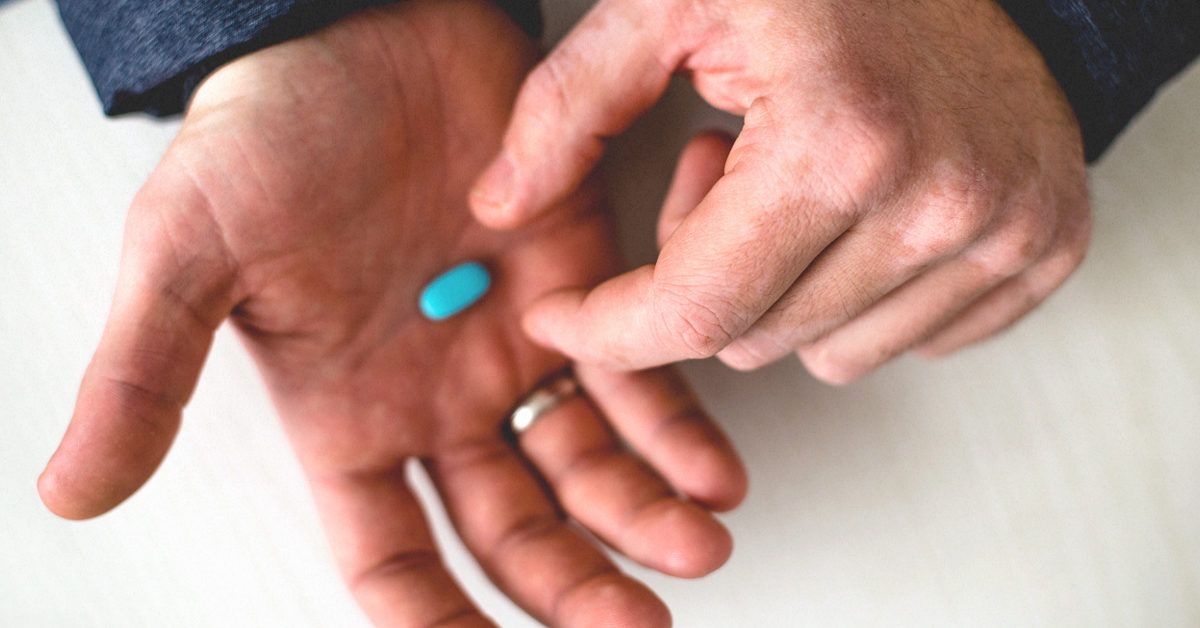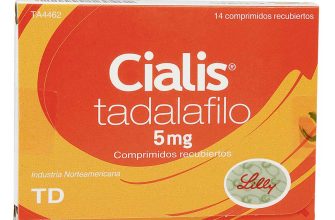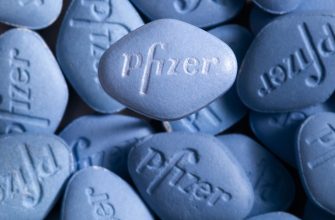Expect the effects of Viagra to subside within 4-5 hours for most men. This timeframe encompasses the return to a normal, non-erect state. Individual responses vary, however, influenced by factors such as dosage, metabolism, and overall health.
Factors like age and pre-existing health conditions can subtly extend this duration. For example, men with liver or kidney impairment might experience a slightly slower clearance rate. Always consult your physician to discuss potential interactions with other medications you are taking and to personalize your treatment plan.
Remember: While the primary effects typically dissipate within hours, some men report lingering sensations for a slightly longer period. This is usually mild and shouldn’t cause concern. If you experience prolonged or unusual side effects, seek medical advice immediately.
Planning sexual activity? Consider the recovery time to ensure adequate time for rest and recovery before further activity. Hydration and a balanced diet contribute to overall well-being, potentially impacting the body’s processing of medication.
- Viagra Recovery Time: A Comprehensive Guide
- How Long Does Viagra’s Effect Last?
- Factors Affecting Viagra’s Recovery Time
- Health Conditions and Medications
- Age and Body Composition
- When to Seek Medical Attention Regarding Viagra’s Duration
- Managing Expectations and Enhancing Sexual Health
- Lifestyle Adjustments for Better Results
- Communicating with Your Doctor
- Addressing Underlying Health Conditions
Viagra Recovery Time: A Comprehensive Guide
Plan for at least four hours after taking Viagra before engaging in strenuous activity. This allows the medication to fully take effect and minimizes potential side effects.
The onset of Viagra’s effects varies. You might experience results within 30 minutes, but it can take up to two hours for the full effect. This means your recovery time is linked to how long the medication remains active in your system.
Viagra’s effects typically last for four to five hours. However, individual responses differ. Factors such as age, overall health, and metabolism influence the duration.
Note: The active ingredient in Viagra, sildenafil, can remain detectable in your bloodstream for longer than the duration of its effects. This is not usually cause for concern, but it’s important to be aware of this.
Side effects: Common side effects, such as headaches or facial flushing, generally subside within a few hours. If severe side effects occur, contact a doctor immediately.
Alcohol interaction: Avoid mixing alcohol with Viagra. Alcohol can increase the risk of side effects and potentially reduce the medication’s effectiveness.
Consult your physician: Always discuss medication usage and potential interactions with your doctor before taking Viagra, especially if you have pre-existing health conditions.
Specific conditions: Individuals with heart conditions or other health issues might experience different recovery times. Your doctor can advise you on appropriate precautions and recovery expectations.
Remember: This guide provides general information. Individual experiences may vary. Always seek medical advice for personalized guidance.
How Long Does Viagra’s Effect Last?
Viagra’s effects typically last for about 4-5 hours. However, this can vary depending on individual factors like metabolism, dosage, and overall health.
Factors influencing duration: Your age, weight, and any underlying medical conditions can influence how long the medication is active in your body. A higher dosage may extend the duration, but it doesn’t always mean a proportionally longer effect. Food intake, particularly fatty meals, can slightly delay onset and potentially slightly reduce the duration.
Important Note: The duration of effect isn’t solely determined by how long the drug remains in your bloodstream. The physiological response to the drug and individual variations play a significant role. Some men might experience effects for slightly less time, while others may experience them for slightly longer within the typical 4-5 hour range.
Consult your doctor: If you have concerns about the duration of Viagra’s effects or experience unexpected side effects, it’s crucial to consult your physician. They can provide personalized advice and assess whether the dosage or medication is appropriate for your individual needs.
Factors Affecting Viagra’s Recovery Time
Viagra’s effects typically subside within 4-5 hours, but several factors influence this timeframe. Dosage plays a significant role; higher doses generally prolong the effects. Your metabolism significantly impacts how quickly your body processes the medication. Faster metabolisms lead to shorter recovery times, while slower metabolisms extend them.
Health Conditions and Medications
Underlying health issues, such as liver or kidney disease, can slow down medication processing, lengthening the recovery period. Simultaneous use of other medications, particularly those metabolized similarly to Viagra, can also cause interactions, impacting recovery time. Always inform your doctor about all medications you are taking. Grapefruit juice, known to interact with many drugs, should be avoided while using Viagra, as it can prolong its effects.
Age and Body Composition
Age influences how quickly the body processes drugs. Older individuals may experience longer recovery periods. Body weight and composition also matter; a higher body fat percentage can affect drug metabolism and lengthen the time it takes for Viagra’s effects to wear off. These factors contribute to individual variation in recovery time.
When to Seek Medical Attention Regarding Viagra’s Duration
If your erection lasts longer than four hours, seek immediate medical attention. This condition, known as priapism, requires prompt treatment to prevent permanent damage.
Experience chest pain, shortness of breath, or dizziness during or after taking Viagra? Contact your doctor immediately. These symptoms could indicate a serious cardiovascular event.
Sudden vision loss or hearing loss following Viagra use necessitates immediate medical attention. These are rare but serious side effects requiring prompt diagnosis and management.
Persistent headaches, severe back pain, or nausea that doesn’t subside after a few hours warrants a call to your doctor. These could be indicators of adverse reactions.
If you experience any unusual side effects not listed here, or if you have concerns about Viagra’s effects, consult your physician. Open communication with your doctor is vital for safe and effective medication use.
Managing Expectations and Enhancing Sexual Health
Understand Viagra’s effects vary. Optimal results often require patience and a holistic approach to sexual health. Don’t expect immediate, dramatic changes.
Lifestyle Adjustments for Better Results
- Diet: Focus on heart-healthy foods. Reduce saturated fats and processed foods. Increase your intake of fruits, vegetables, and lean proteins. A balanced diet supports overall health, including sexual function.
- Exercise: Regular physical activity improves blood flow and cardiovascular health, contributing to better erectile function. Aim for at least 150 minutes of moderate-intensity aerobic exercise per week.
- Stress Management: Stress significantly impacts sexual performance. Incorporate stress-reducing techniques like meditation, yoga, or deep breathing exercises into your routine.
- Sleep: Aim for 7-9 hours of quality sleep each night. Sufficient sleep is crucial for hormone regulation and overall well-being.
- Hydration: Drink plenty of water throughout the day. Dehydration can negatively affect many bodily functions, including sexual health.
Communicating with Your Doctor
Open communication with your doctor is key. Discuss any concerns or side effects you experience. They can adjust your medication or suggest alternative treatments. Regular checkups are important for monitoring your overall health and addressing any potential issues.
Addressing Underlying Health Conditions
- Diabetes: Manage your blood sugar levels effectively. Poorly controlled diabetes can damage blood vessels and nerves, affecting erectile function.
- High Blood Pressure: Maintain your blood pressure within a healthy range. High blood pressure can restrict blood flow, impacting sexual performance.
- High Cholesterol: Manage cholesterol levels. High cholesterol can contribute to cardiovascular issues affecting sexual health.
Remember, a healthy lifestyle and open communication with your doctor are vital components of achieving and maintaining optimal sexual health. These steps, alongside medication if prescribed, can significantly improve your experience.






